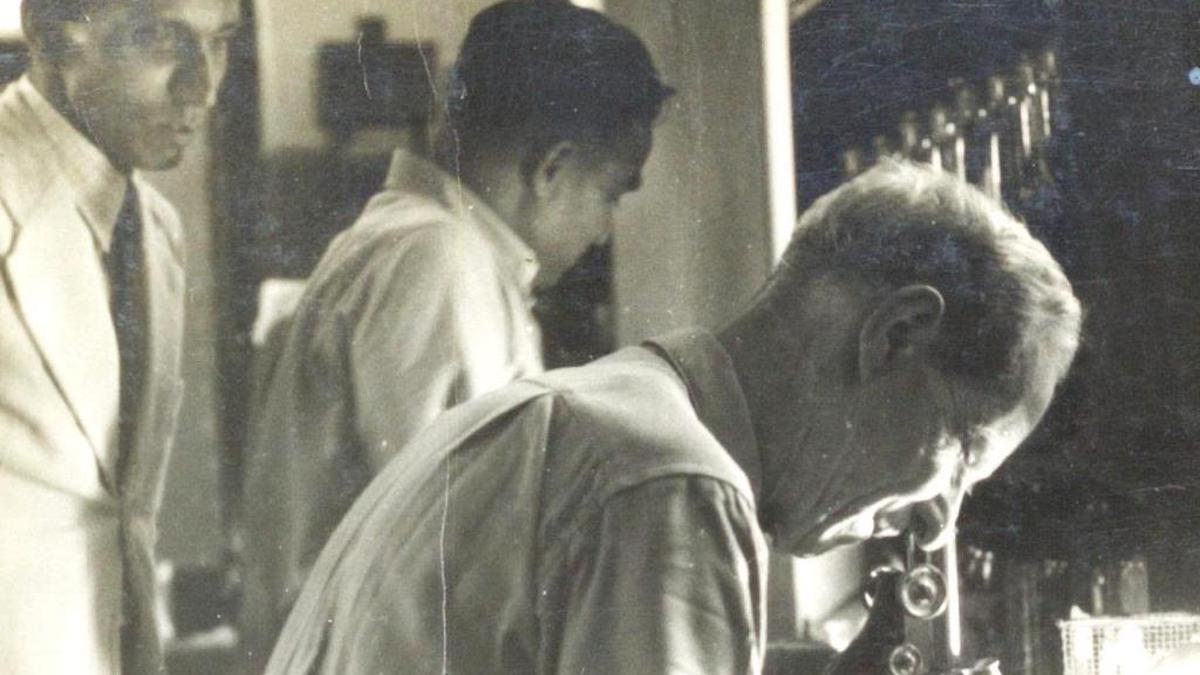
NCBS to launch entomologist Leslie Coleman’s collection
The Hindu
The Archives at the National Centre for Biological Sciences (NCBS) in Bengaluru on Wednesday announced the launch of a new collection of archival material, related to the entomologist and plant pathologist Leslie Charles Coleman, who worked in the princely state of Mysore in the early 20th century.
The Archives at the National Centre for Biological Sciences (NCBS) in Bengaluru on Wednesday announced the launch of a new collection of archival material, related to the entomologist and plant pathologist Leslie Charles Coleman, who worked in the princely state of Mysore in the early 20th century.
The Leslie Coleman collection will be launched on June 16 as part of the annual Coleman Lecture series held at the College of Agriculture, UAS, GKVK, after which the catalogue and digital objects from the collection will be available to the public online.
NCBS said that the collection documents the work of Coleman, a Canadian who was the first Director of Agriculture in Mysore State in pre-independent India between 1913 and 1934. He was first hired in 1908 as an entomologist who focused on plant protection, studying specific plant diseases and pests affecting cash crops.
“He was known for implementing inexpensive solutions such as the Bordeaux mixture that cultivators could easily adapt. Coleman mentored a group of agricultural scientists in his department; K. Kunhikannan, M.J. Narasimhan, and Venkatrao K. Badami. They worked with Coleman and studied plants and insects, researching areas such as low-cost pest management, and experimental agricultural projects. He was instrumental in forming local agricultural and experimental unions, and also setting up agricultural research institutions across the State,” NCBS said.
Coleman was also responsible for the Sericulture Department in the 1920s and developed civil veterinary units in districts. He worked with plantation owners across Mysore State, acting as adviser and helping in setting up various projects such as the Coffee Research Station (1925) in Balehonnur, and the Mysore Sugar Company (1933) in Mandya. Coleman left India to teach at the Toronto University in 1934.
The collection includes personal and professional correspondence, handwritten reflections, rare published material and media clippings, and an extremely rich set of photographs that document Coleman’s life and work, his post-retirement return visit to India in the 1950s, as well as the people and culture of the Mysore State through the early 20th century.
This collection would be of interest to historians, journalists, anthropologists, agriculturists, scientists, students, artists, and the general public. It can be accessed by visiting the archives or through the archives website (www.archives.ncbs.res.in.)











